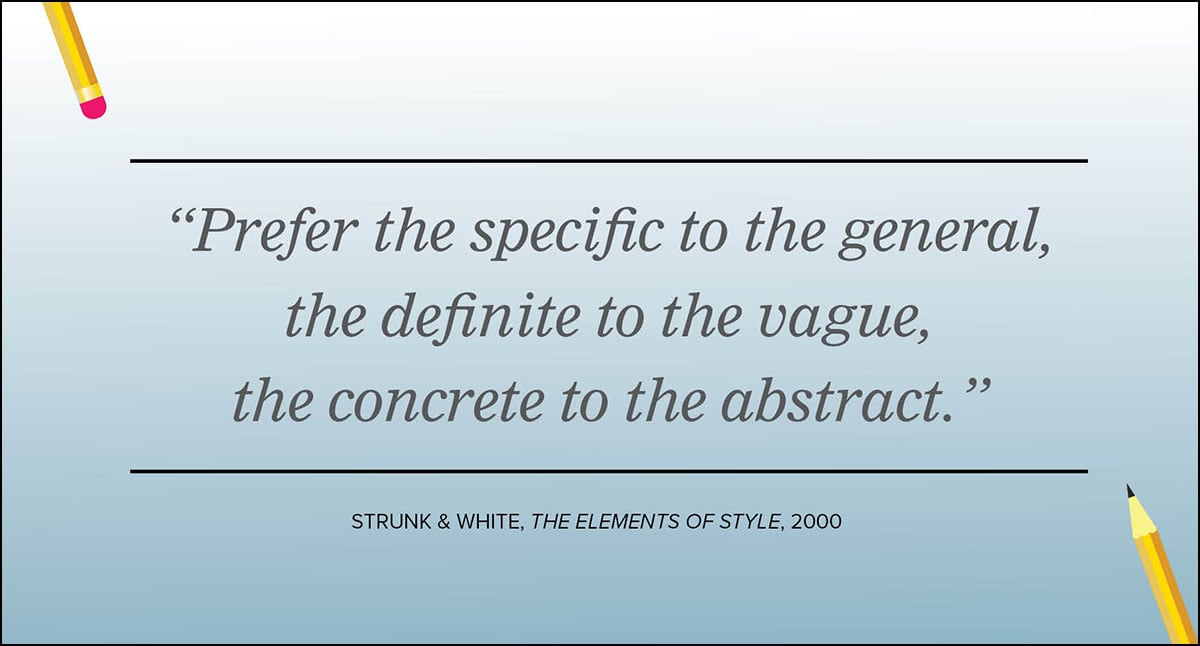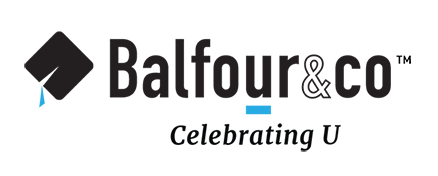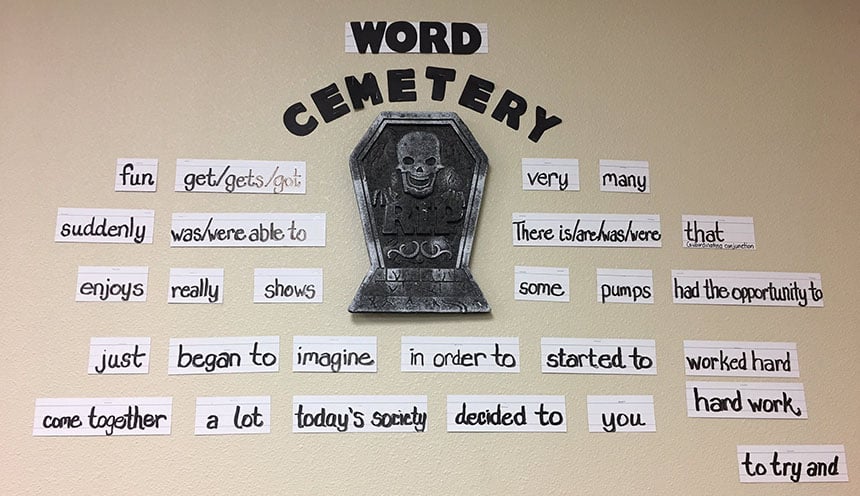
A lot. Very. Just. Eliminate weak words to bring clarity and specificity to yearbook writing.
Let’s face it. We could use editing. Writers rarely realize the words they lean on (this author included). By trimming the fat—omitting crutch words and cliché phrases—we just might improve the writing. Here are words and phrases to banish.
is/was/were Overused, these passive “to be” verbs lack vigor. Reword the sentence to use active voice, making the sentence stronger. They played instead of They were playing.
Try, start As Yoda would say, “Do or do not. There is no try.” Similarly, avoid “start” which also interjects passive voice. He ran instead of He started to run.
Many, some, most Overused qualifiers. Add credibility to your copy by sharing specific details and figures.
Very An ambiguous intensifier, it doesn’t add value. Choose strong verbs to express your meaning. He was very tired doesn’t illustrate the feeling like exhausted or drained.
A lot Another intensifier, the vagueness makes it a needless addition. Use specific numbers to provide precise, clear data.
That It’s rarely necessary. Try the sentence without it.
Just An adverb, it diminishes what else was said. It lacks confidence. Eliminate to keep the language precise and clear.
Gave 110% percent A physical (and mathematical) impossibility, avoid quoting this cliché sports answer.
We’re like a family If an interviewee provides this generic answer, dig deeper with “why” and “how” questions to elicit a comprehensive and expanded response.
When asked… It’s unnecessary. When a quote is featured, it’s obvious a question was asked. Avoid bringing yourself into the story. Similarly, avoid placing attribution before the quote. Don’t introduce the quote with “Coach Robert Martinez stated…” or “She said...” Let the preceding transition/fact paragraph lead into the quote. Then, include the attribution after the first sentence of the quote. (Here’s a cheat sheet on properly writing quotes.)
Strategies for banishment
Encourage staffers to read through copy, circling all the adverbs and adjectives. Does the writing sound unclear? Are there weak or filler words? Does passive voice prevail? Are vague or cliché phrases employed?
Trim the flabby writing for precision and clarity. Substitute strong verbs and reword sentences to inject a direct and bold active voice. Exchange vague qualifiers for specific words. Skip cliché phrases and share robust quotes, rich with detail.
Consider creating a list of banned words or phrases. Add to your staff manual or display prominently in the classroom.

 A word cemetery reminds staffers of which words to avoid or omit in their writing. Photo by Kel Lemons
A word cemetery reminds staffers of which words to avoid or omit in their writing. Photo by Kel Lemons